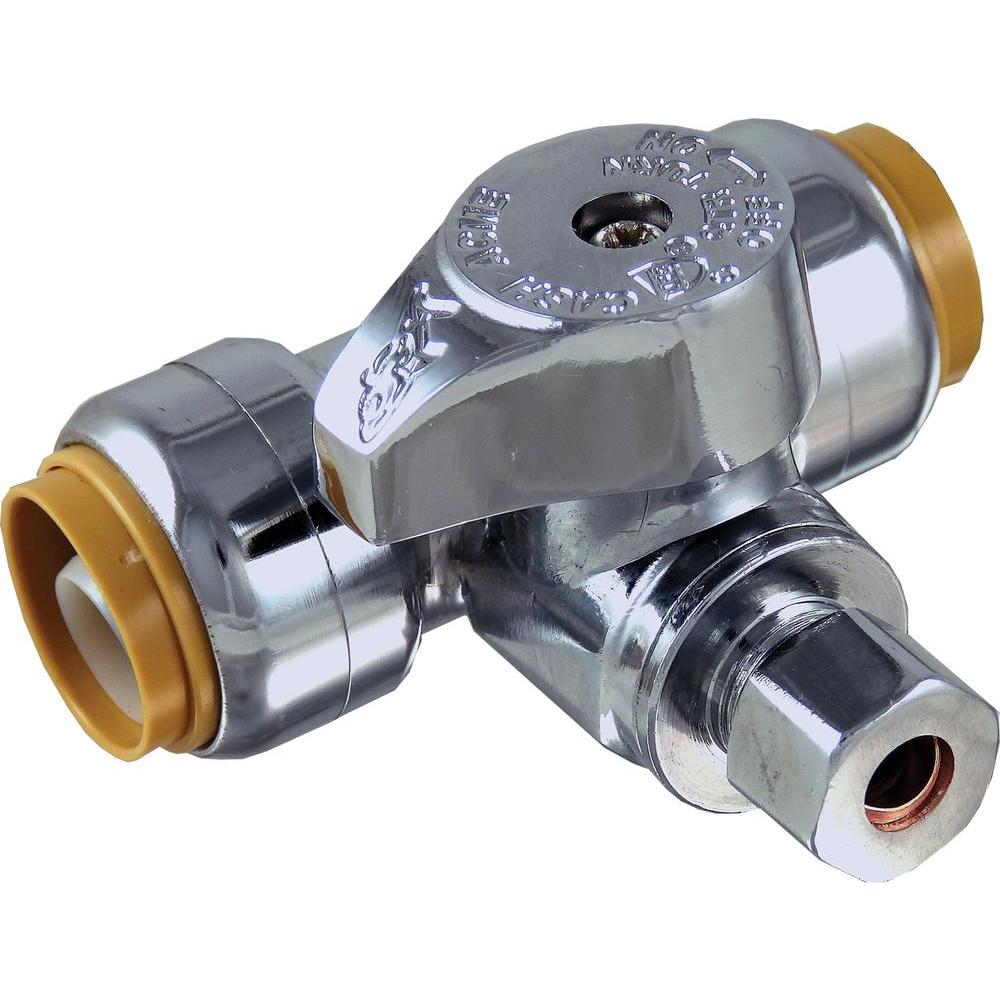Table of Content
They are located on either side of the heart in two cavities. Although at first glance the two cavities look identical, the right cavity is made up of three lobes and the left cavity is made up of two lobes. Water on the lungs can go away on itself with rest and without any medication. Pleurisy that is a result of bronchitis or any other viral infection cures itself through rest in 1-2 weeks. However, if there is water inside the lungs, it will not go away on itself and it requires surgery and medication prescribed by the doctor.
Aside from being extremely uncomfortable, bloating can be accompanied by numbness and tingling due to insufficient blood flow to the tissues of the leg. Medically speaking, fluid retention occurs when your body’s mix of hormones and circulating salts are out of their typical proportions in certain areas within the body. The chemical signal goes awry when it’s being interpreted in a place where it’s not meant to be.
Procedures for Removing Water From the Lungs
Pulmonary edema is a medical condition that is characterized by the abnormal accumulation of fluid in the lungs, inflammation of the lungs, and difficulty breathing. This article will explore the symptoms, causes and treatment strategies for pulmonary edema. Pulmonary edema is a medical condition that can unsettle even those who are brave and courageous. Knowing that your lungs have become filled with fluids can be very unnerving for the victim besides creating many difficulties in the form of symptoms of this disease.
Pulmonary edema is a condition where the lungs of the individual become filled with fluids. In such a situation, lungs are not able to pump oxygen back into the blood, thereby creating breathlessness and shortness of breath. Patients of pulmonary edema say they feel suffocated as they cannot breathe normally during an attack of this medical condition. Some of them sweat profusely while others find swelling of their feet and other body parts. They also experience dizziness and fatigue when suffering from pulmonary edema. Many experiences severe coughing with pink, frothy sputum.
What to expect from your doctor
Another important thing to treat the problem of fluid in lungs is the consumption of healthy balanced diet. It is recommended to avoid foods, which are rich in salt such as pickles, cottage cheese, potato chips, processed meat, pizza, and alcohol. You should also opt for consuming lot of vegetables as well as fruits along with lean meat, low fat milk, soybean. This is helpful in getting important nutrients such as vitamins, magnesium, fibers and potassium. Performing effective exercises can also be helpful in getting rid of all the water from the lungs. Exercising is important as it is helpful in strengthening the lung muscles.
This can take place in a matter of minutes or hours depending upon the physical condition of the victim. It is important to note that when air sacs become full of water, oxygen cannot enter lungs and the blood stream, thereby making breathing difficult for the individual. He will start to suffer from breathlessness and shortness of breath.
What days does usps deliver
Getting the water retention-reducing effects might require eating more parsley than that, though. Dandelions are likely useful because they contain several of the other items on this list rather than possessing some unique anti-water retention property. If you’re looking to hit multiple birds with one stone, it’s probably worth a shot. The most noticeable symptom of water retention is squishily bloating in your feet.
Clapping and vibration may be added to the postural drainage routine. It helps the mucous move from the small air sacs to the larger airways where it can be coughed or suctioned out. This is will be helpful in releasing all the water and mucus from the lungs.
Can Apple cider vinegar help respiratory problems?
The lung-washing procedure involves inserting a tube into your lung to flush in water and then suctioning it back with the mucus. What you eat will have an impact on how you feel, so it is important to pay attention to your diet when you have fluid in your lungs. Ideally, you should stay away from salt and salt-containing foods, such as pickles, cottage cheese, pizza, sauerkraut, potato chips, processed meat, and spaghetti sauce. Be sure to eat more of fruits and veggies, fish, whole grains, soybean, low fat milk, lean meat, and other foods rich in potassium, protein, fiber, and magnesium. Consumption of juices of garlic, rosemary, horsetail, ginger, astragalus is also useful in getting rid of water from lungs. For maintaining better oxygenated blood circulation you can use herbs such as hawthorn, ginkgo biloba.

Focusing more on your breathing also plays a key role in getting rid of fluids from lungs. Proper short breathing helps in keeping your lungs supplied with oxygen and keeps the fluid away. Make sure that you are inhaling with the help of your mouth and then exhaling with the nose in quick succession. Some mucus is natural and even beneficial – it helps your lungs move and reduces friction. Even when there is an additional buildup of mucus, you don’t necessarily need to panic. If you have an infection , your body excretes additional mucus to help remove the intruder from your body.
According to the World Health Organization , exposure to air pollution results in 4.2 million deaths worldwide each year. Cigarette smoking is the cause of death for 1 in every 5 people in the United States. How to Cough Up Phlegm & Mucus to Relieve Chest Congestion in Adults. Techniques to cough up mucus are often done after using an inhaled bronchodilator medication. The medication helps loosen the mucus and open the airways to make the techniques more effective.
Fluid in the lungs that occurs as a result of heart defects is known as cardiac pulmonary edema or congestive heart failure. The left ventricle of the heart receives oxygenated blood from the lungs, which it then pumps out to the rest of the body. Eventually the blood is forced through the capillary walls into the alveoli.

No comments:
Post a Comment